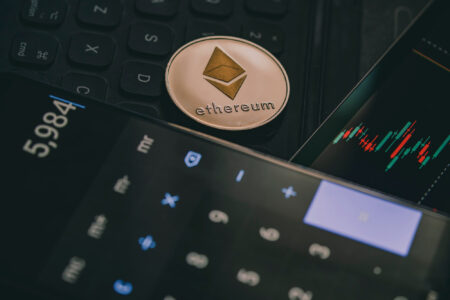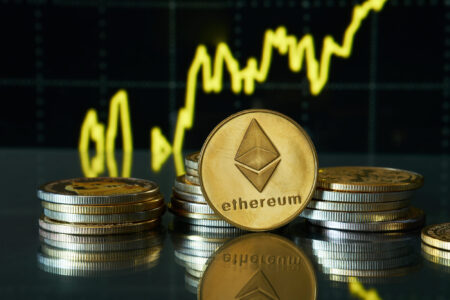The International Monetary Fund (IMF) is calling for a new "Bretton Woods Moment" that could significantly change the global economy. Kristalina Georgiewa, Director of the IMF, speaks of powerful measures that could make hard money like Bitcoin increasingly attractive.
Last week, the International Monetary Fund (IMF), published a speech by the IMF's Managing Director in Washington, DC (Kristalina Georgiewa) entitled "A New Bretton Woods Moment". The chairwoman's seemingly well-meant formulations also attracted critics.
"Cohesion due to the Corona Pandemic"
Kristalina Georgiewa says that governments must work together to revive the global economy after it was hit hard by the pandemic this year. The IMF predicts that the global economy will shrink by 4.4% this year due to the corona crisis and will lose $11 trillion in economic output by next year. Kristalina Georgiewa believes that governments must adhere to three imperatives to save the world economy. First: to issue the right economic policies; second: to invest in people; third: to focus on climate change. By investing in people, Georgiewa means investing in health care, closing the gender pay gap and expanding Internet access to every corner of the world.
"Once again we are faced with two enormous tasks: to fight the crisis today - and to build a better future" - Kristalina Georgiewa, Managing Director of the International Monetary Fund
Economic policies should be tailored to the needs of each country, she said. However, she urges all countries to work towards greater debt transparency, increased coordination of creditors, and support for the private sector. Regarding the need to address climate change, Georgiewa said climate-related disasters have amounted to $1.3 trillion over the past decade. Green investment is essential, she said, as are higher carbon prices. She also indicated that Zero emissions by 2050 is a good goal to strive for.
Bretton Woods system
The Bretton Woods System was a tremendous change in the world economic system. The 1944 agreement established centralized rules for currency management between Australia, Japan, the United States, Canada and a number of Western European countries. Basically, the world economy was in a shambles after World War II, so 730 delegates from 44 Allied nations gathered in New Hampshire in a hotel called the Bretton Woods. (The group was led by British representative John Maynard Keynes and US Treasury official Harry Dexter White). Historians believe that the closed meeting in Bretton Woods centralized the world's entire financial system.
On the final day of the meeting, Bretton Woods delegates codified a code of rules for the world financial system and referred to the World Bank Group and the IMF. Since the United States controlled more than two-thirds of the world's gold, the system would be essentially based on gold and the US dollar. Richard Nixon shocked the world, however, when he removed the gold component from the Bretton Woods Pact in August 1971. Once the Bretton Woods system was in operation, a number of people criticized the plan, saying that the Bretton Woods meeting and subsequent creations were promoting global inflation.
New "Bretton Woods moment" raises concerns
Georgiewa's statements have raised concern amongst the supporters of a free market economy. With the IMF's new strategy, the already extremely loose monetary policy would contribute to the increasing devaluation of the Fiat currencies, and further increase the debt mountains of governments around the world. Critics also fear that the envisaged centralization would bring about a major change and possibly a financial realignment. The fact that in the future, central banks with digital money (CBDCs) could intervene directly in what is happening, in addition to the feared loss of purchasing power, also raises concerns about data protection.
With this being said, the link to the corona pandemic is not conclusive for everyone. Some factors Georgiewa mentions in her plan have little or nothing to do with the recent crisis. The IMF is therefore also accused of using the pandemic as a scapegoat for further credit expansion and inflation. As a protection against the threat of monetary devaluation, gold, Bitcoin and other assets limited in supply could thus increasingly come into the focus of investors.




